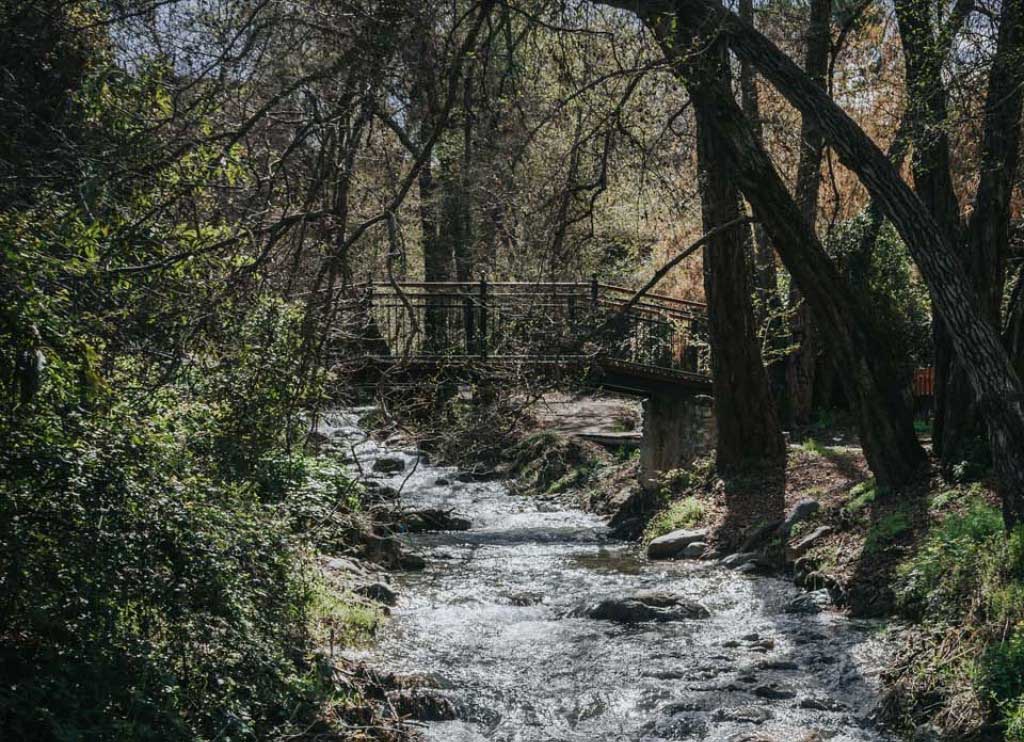Cyprus is one of the countries worldwide with the lowest levels of pharmaceutical contamination in its rivers, a study of the Global Monitoring of Pharmaceuticals project showed on Tuesday.
The study monitored 1,052 sampling sites along 258 rivers in 104 countries of all continents, representing the pharmaceutical fingerprint of 471.4 million people and showing that the presence of these contaminants in surface water poses a threat to environmental and/or human health in more than a quarter of the studied locations globally.
It indicated that concentrations of at least one pharmaceutical were above levels that may be toxic to algae, fish, or daphnia at a quarter of monitored sites.
Cyprus participated in the project through the International Water Research Centre.
Concentrations of 61 pharmaceuticals were measured across 104 countries, 36 of which had never been studied for the occurrence of pharmaceuticals in surface water before.
Key findings show that of the 61 pharmaceuticals monitored, 53 were detected in at least one sampling site, of which, four were detected across all seven continents.
The most polluted sampling site was located in the Rio Seke (La Paz, Bolivia) and had a cumulative pharmaceutical concentration of 297µg/l.
Iceland was the only country where none of the 61 monitored pharmaceuticals were detected.
Metformin (used to treat Type-2 diabetes), caffeine and carbamazepine (used to treat epilepsy and nerve pain) were detected in more than half of the studied sites worldwide. Caffeine was detected across all seven continents.
According to the International Water Research Centre’s Dr Despo Fatta-Kassinos, monitoring the presence of pharmaceutical substances in the environment can contribute to developing strategies and policies to restrict them as well as their repercussions on the environment and human health.
Ιn Cyprus, the Kargotis river was included in the study after collection and processing of data available by the Water Development Department.
The river flows from the north-eastern slopes of Troodos and into Morphou bay and has a length of 24,750m.
Samples were taken from various points of the river in Kakopetria and Galata communities.
The findings indicate that Cyprus is among the countries with the lowest pharmaceutical concentrations with less than 200ng/l.







Click here to change your cookie preferences